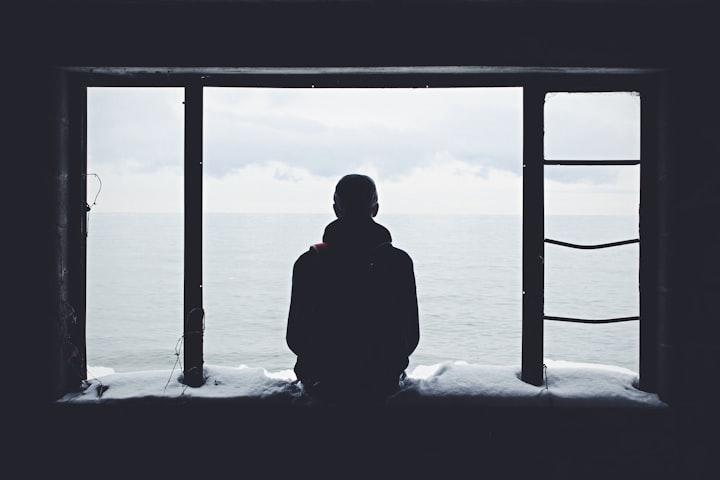People who live alone are more likely to feel depressed
Solo Living and Depression

Adults who stay alone are much more likely to feel depressed than adults who live with others, in line with a new document released by the CDC’s National Center for Health Statistics (NCHS).
The study observed that 6. Four adults who lived on their own pronounced emotions of melancholy, compared with the handiest four 1% of folks who lived with others. These variations had been observable throughout gender, age, earnings, and most racial agencies.

The NCHS collected the information throughout the 2021 National Health Interview Survey, talking to more than 29, four hundred people. At the time, 16% of adults in the United States lived alone, a percentage that has risen considerably over the last five decades. According to the file, 37. Nine million people lived on their own in 2022, up 4.8 million from 2012. The percentage of single-person households greater than doubled between 1962 and 2022, growing from 13.6% to 28.9%.
Although the space became observable across most companies, financial factors particularly seem to exacerbate emotions of depression, especially among those residing on my own. Adults with incomes under the federal poverty line have been some distance more likely to record feeling depressed whether they lived on my own or with others (14% and 8.7%, respectively) as compared with adults with incomes of 400% or more of the federal poverty limit (on this organization, three.2% of adults who lived alone reported feeling depressed, instead of 2.4% of those who have been dwelling with others).

But the report isn't all doom and gloom for people who live on their own. More than 90% of people who lived on my own didn’t document feeling depressed. When it comes to human being’s mental health, their dwelling situations weren’t as vital as how much social and emotional assistance they felt they'd.
In addition to asking respondents about the frequency and intensity of their feelings of melancholy, researchers requested: “How often do you get the social and emotional help you want?” Adults who lived on their own and pronounced by no means or rarely received social and emotional support were almost two times as probably to feel depressed as individuals who reported the same and lived with others (19.6% and 11.6%, respectively). However, the document additionally observed that there has been no significant distinction in feelings of depression among folks who stated they continually, now and then, or commonly received social and emotional assistance, regardless of whether they lived alone or with others.

Groups may have access to social networks and social and emotional guides which can guard mental fitness.”
There are full-size obstacles to the examination, as the author notes. There are many motives people ought to live by themselves – due to the fact they choose to, due to a breakup, or due to the demise of a spouse or companion. And living with humans isn’t an assurance of mental fitness. The paper notes that previous studies found that older adults who stay with different families or non-households are more likely to enjoy destructive intellectual fitness results than folks who live with an associate or partner.
The observation comes within the midst of what the USA Surgeon General, Dr. Vivek Murthy, has described as an “epidemic of loneliness and isolation” within the US. And in 2023, the World Health Organization (WHO) declared loneliness “a worldwide public health situation”.

Depression isn't the best health chance posed with the aid of loneliness and social isolation. In addition to being associated with higher risks of depression and anxiety, the CDC additionally points to studies that locate that social isolation is associated with a kind of 50% extended risk of dementia, a 29% increased hazard of coronary heart disorder, and a 32% expanded hazard of stroke.
By contrast, close friendships have been observed to reinforce intellectual health and wellness, and can even assist us live longer.
About the Creator
Demand Health
Hello, I'm Demand, a writer, researcher, and freelance thinker passionate about exploring diverse subjects and crafting compelling narratives.






Comments
There are no comments for this story
Be the first to respond and start the conversation.